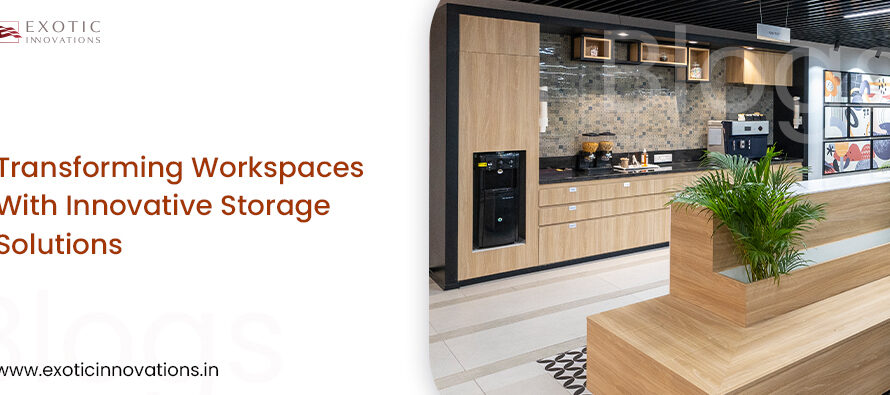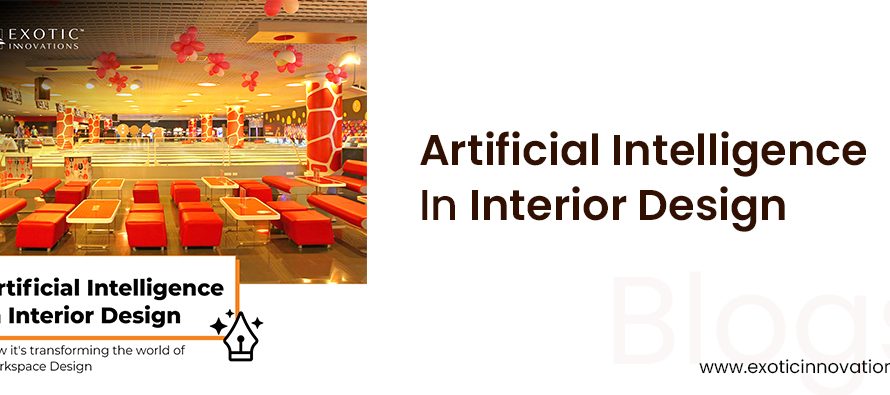The workforce requires more than just competitive salaries and benefits. In the competitive landscape of talent acquisition, the environment in which potential employees will work plays a pivotal role in their decision-making process. The allure of a well-designed workplace is undeniable and increasingly vital in a global marketplace.
The modern workforce is discerning, valuing more than just the tangible aspects of employment. They seek environments that resonate with their professional aspirations and personal values. As an interior designer, your expertise in crafting spaces that are both aesthetically pleasing and functionally superior can significantly impact a company’s ability to draw in top-tier talent. This blog delves into the key elements of workplace design that can enhance talent acquisition, focusing on flexibility, well-being, community, sustainability, and brand integration.
Flexibility is the new norm
Flexibility in workplace design is paramount. Contemporary employees crave environments that adapt to their varying needs, promoting both efficiency and creativity. Open floor plans provide versatility, allowing spaces to be reconfigured to support different activities and team sizes, fostering a dynamic work environment. Hot desking accommodates the fluid nature of modern work, letting employees choose their workstations daily based on their current tasks. Implementing robust technology solutions, such as video conferencing tools and high-speed internet, supports the growing trend of remote and hybrid work models.
Nothing comes before employee well-being
Employee well-being is at the forefront of workplace priorities. Designing spaces that enhance physical and mental health can significantly boost a company’s attractiveness. Investing in high-quality, adjustable furniture ensures comfort and reduces the risk of work-related injuries. Maximizing natural light not only creates a more inviting atmosphere but also positively affects mood and productivity. Integrating elements of nature, such as indoor plants and natural materials, fosters a calming environment. Dedicated quiet areas allow employees to focus and rejuvenate, enhancing overall productivity and well-being.
Fostering Community and Collaboration
A sense of community and opportunities for collaboration are highly valued by today’s workforce. Designing inviting communal areas, such as lounges and kitchens, encourages social interaction and a sense of belonging. Spaces equipped with collaborative tools like whiteboards and projectors facilitate teamwork and innovation. Small, private meeting pods provide ideal settings for impromptu discussions and brainstorming sessions.
A Commitment to Sustainability
Sustainability is not just a trend but a necessity. Demonstrating a commitment to eco-friendly practices can greatly enhance a company’s appeal. Implementing energy-efficient lighting and HVAC systems can reduce a company’s carbon footprint. Using recycled and sustainable materials in design contributes to environmental responsibility. Pursuing certifications such as LEED showcases a company’s dedication to sustainability, resonating with eco-conscious employees.
Reflecting on Brand and Culture
A workplace should be a physical manifestation of a company’s brand and culture. Incorporate brand colors and logos throughout the office to create a cohesive and recognizable environment. Highlighting mission statements, values, and team achievements within the design reinforces a company’s identity and culture. Tailor spaces to reflect the unique aspects of the industry and company, be it a creative studio, tech hub, or corporate office.
Embracing Advanced Technology
Incorporating advanced technology can streamline operations and appeal to tech-savvy professionals. Features like smart lighting, climate control, and booking systems enhance efficiency and comfort. Reliable connectivity is essential for seamless operations and communication. Equipping workstations with the latest technology, such as high-quality monitors and wireless charging stations, caters to the needs of modern professionals.
The intersection of exquisite design and strategic functionality in workplace environments is a powerful tool in talent acquisition. By creating spaces that embody flexibility, well-being, community, sustainability, and brand integrity, interior designers can significantly influence a company’s ability to attract and retain top talent. In the realm of high-end interior design, the challenge and opportunity lie in crafting workplaces that not only meet but exceed the expectations of today’s discerning workforce. Investing in such thoughtful and sophisticated design is an investment in the future success of any organization.
Liked our blog? Share your opinion in the comments below!



